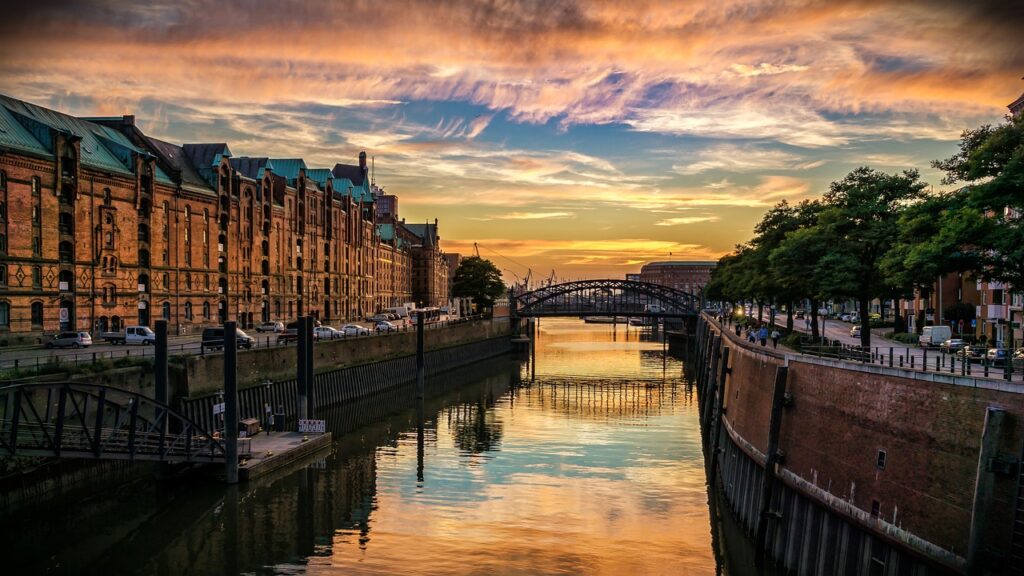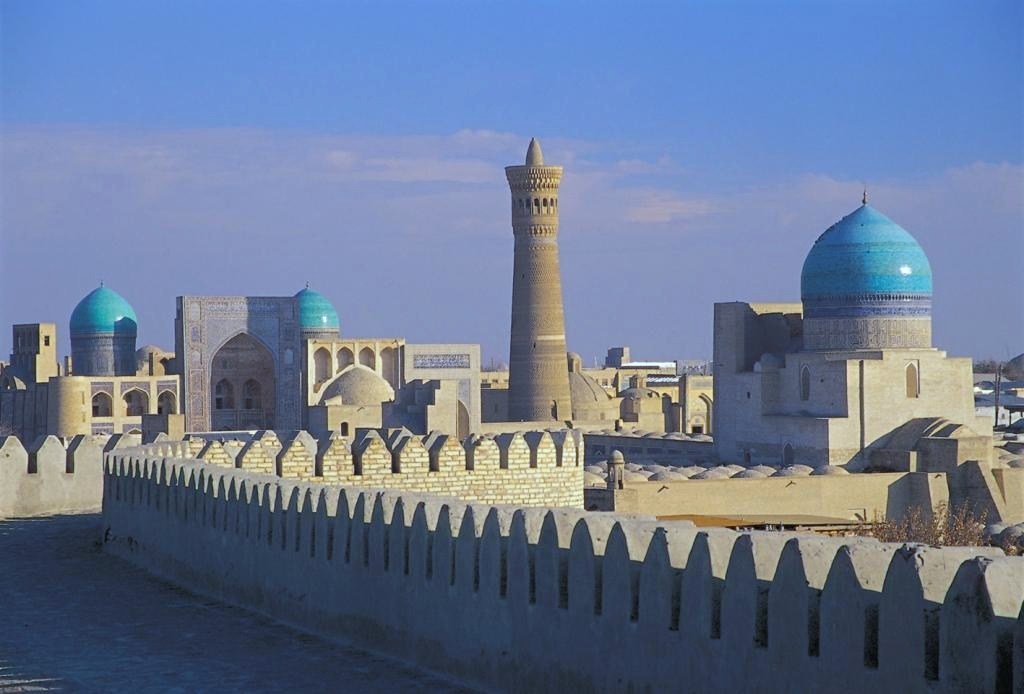It’s the fabric of youthful dreams, the fodder for countless Instagram feeds, and often, the measuring stick for personal freedom and adventure. But what happens when the luster of globetrotting begins to dim? Can the seasoned traveler, who once counted airports like second homes and passports like prized possessions, find themselves at a crossroads where the thought of another trip sparks more dread than excitement? It’s a tale as old as time, or at least as old as commercial aviation, and it’s one that many can relate to, including myself.
Reflecting on the Glory Days
Let’s take a walk down memory lane, shall we? For a decade, between the ages of 18 and 28, I was the quintessential nomad. Sixty countries across six continents bore witness to my insatiable curiosity. I wasn’t just passing through; I was immersing myself, spending a cumulative total of almost two years on the road, with one of those years dedicated to a round-the-world trip that would make even Phileas Fogg do a double-take. University exchange programs weren’t just academic pursuits; they were six-month stints living overseas, diving deep into the local culture.
But here I am, seven years later, at the age of 35, and the thrill of travel has somehow morphed into a monotonous chore. The question is, why? Is it the inevitable result of overexposure, where the once awe-inspiring Icelandic waterfalls now pale in comparison to the memories of Iguazu and Victoria Falls? Or perhaps it’s the relentless barrage of travel imagery on social media, stripping away the mystique and sense of discovery that once fueled my wanderlust.
The Psychological Shift in Long-Term Travelers
As the years roll by and the stamps in the passport accumulate, a traveler’s psyche undergoes a subtle yet profound transformation. The initial burst of excitement that accompanies the first few voyages begins to wane, and what was once an insatiable thirst for the unknown can morph into a sense of déjà vu. The psychological shift in long-term travelers is not just a phase; it’s a complex metamorphosis that touches upon identity, motivation, and the very essence of what it means to explore.
For many, the early days of travel are marked by boundless enthusiasm. Every journey is an odyssey, every destination a revelation. But as one becomes more seasoned, the novelty fades, and the once thrilling act of discovery can feel like flipping through a well-thumbed novel. The traveler’s narrative changes; the plot thickens with each new chapter, and the characters – the fellow wanderers and locals met along the way – enrich the story with their own layers of complexity.

It’s not uncommon for long-term travelers to experience a sense of saturation. The world, once a canvas of endless possibility, can start to feel smaller, more familiar. The awe that once gripped the heart upon seeing the Eiffel Tower or the Great Wall can give way to a quiet appreciation, or in some cases, a jaded indifference. The question arises: when you’ve seen so much, what’s left to be seen?
Embracing a New Approach
This saturation often leads to a search for deeper meaning in travel. The focus shifts from quantity to quality, from ticking off bucket list items to seeking out experiences that resonate on a personal level. It’s a search for authenticity, for connections that transcend the superficial. This is where travel evolves from a hobby to a form of self-discovery, a journey not just across the globe, but into the depths of one’s own soul.
The role of social media in this psychological shift cannot be overstated. The constant stream of picture-perfect images can create an unrealistic benchmark for experiences, leading to the ‘been there, done that’ syndrome. The pressure to capture and share the perfect shot can overshadow the experience itself, turning what should be a moment of presence into a performative act. It’s a modern-day conundrum: if you traveled and didn’t post about it, did it really happen?
As we age, our priorities naturally evolve. The lure of the wild and the nightlife may give way to a desire for comfort and cultural enrichment. The backpack and hostel lifestyle is often traded in for suitcases and hotels. This doesn’t mean the passion for travel has diminished; it simply means that the way we travel – and what we seek from it – changes. The ‘settling down’ period of life doesn’t have to signal the end of adventure; it can be the beginning of a new, more mindful approach to exploration.
Rediscovering the Joy of Travel
The physical toll of travel also becomes more pronounced with age. Long-haul flights and jet lag can take a heavier toll on the body, making the prospect of a 30-hour journey from Australia to Europe seem daunting. The endurance required for such trips is no small feat, and the recovery time can eat into the precious days of exploration. It’s a logistical and physical challenge that can dampen the enthusiasm of even the most ardent traveler.
Despite these shifts, the core essence of travel – the joy of discovery – remains intact. The world is still a place of wonder, and there are always new experiences to be had, new people to meet, and new foods to try. The charm of travel may evolve, but it doesn’t have to disappear. It’s about finding balance, about recognizing when to push boundaries and when to draw them.
The psychological shift in long-term travelers is a multifaceted process. It’s about coming to terms with the changing nature of our desires and the ways in which we seek fulfillment. It’s about understanding that while the excitement of the new may fade, the richness of experience only deepens. And it’s about embracing the journey, with all its ups and downs, as an integral part of who we are. So, to those who feel travel has lost its charm, know that you’re not alone. It’s a natural progression, a sign of growth, and perhaps, an invitation to explore the world – and ourselves – in a whole new light.
Related posts:
Travel Has Ruined My Love Life
The Love-Hate Relationship With Travel
DISCUSSION: Traveling & Learning





